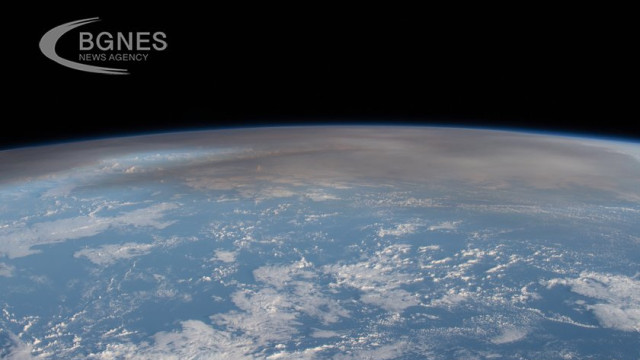A large team of scientists discovered that the eruption of the Tonga volcano destroyed the ozone layer. The results of the study were published in the Science journal. The eruption of the volcano in the Pacific Ocean is known to be one of the most powerful explosions ever recorded. It is unique in that, in addition to volcanic material, a large amount of water vapor from evaporated ocean water has been sent into the atmosphere. The new study found that microscopic droplets of water react with other chemicals in the atmosphere and lead to ozone depletion.
The researchers analyzed data from balloons sent from Reunion Island in the Indian Ocean just five days after the volcano erupted. Atmospheric sensors have detected an unprecedented amount of water vapor being released from the volcano. The increased stratospheric humidity, radiative cooling, and increased surface area of aerosols in the volcanic cloud created ideal conditions for the rapid depletion of ozone in the tropical stratosphere by five percent in just a week. The researchers note that the reduction in ozone due to the eruption should not be alarming because it is both localized and relatively small. By comparison, the ozone hole region over Antarctica experiences a 60 percent decrease in ozone by the end of each year. /BGNES



.jpg)
.jpeg)


